The White House is tightening sanctions on the last remaining European banks still doing business with Russia as the military conflict in Ukraine enters its third year.
Recently, once again, Raiffeisen Bank International (RBI) – Austria’s second-largest bank and asset-based lender across Central and Eastern Europe, and the largest Western bank still operating in the “Land of the White Birch” – was warned by the US Treasury Department.
Raiffeisenbank, the RBI's Russian subsidiary, said it had significantly reduced its operations in the country since Moscow invaded Ukraine two years ago, and was doing everything it could to find a way out, but its chosen exit strategy was fraught with risks.
Warned Object
Before the conflict, Raiffeisenbank was one of the most important EU-based banks operating in the Russian market.
The landscape has changed dramatically, marked by the outbreak of conflict in Ukraine and the strengthening of sanctions against Moscow by the US, EU and UK, which have added layers of complexity to the Austrian bank’s business in Russia.
Since the conflict began, Raiffeisenbank said it has significantly scaled back its operations in Russia, for example by stopping new business, cutting lending by more than half and ceasing correspondent banking, significantly narrowing the circle of partners it does business with there. Commission income—the fees the bank generates through its day-to-day business—fees fell 43% last year.
Former Austrian Chancellor Alexander Schallenberg, who is now the Alpine nation's foreign minister, has publicly defended the bank, arguing that Raiffeisenbank should not be subject to excessive scrutiny, as it operates similarly to many Western companies that still do business with Russia.
Mr Schallenberg argued that Raiffeisenbank, which has been present in Russia since 1996, plays a role in financing operations in the country for Western countries and companies.
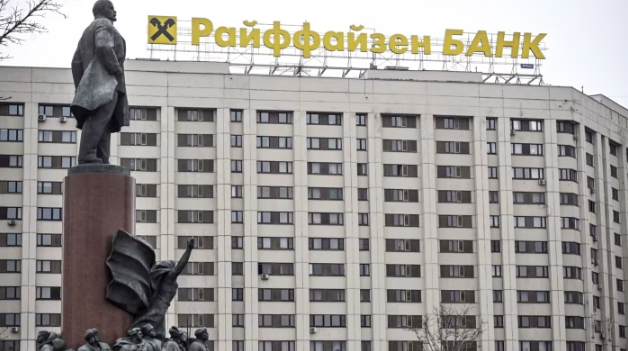
Raiffeisenbank is the largest Western bank still operating in Russia, more than two years after the outbreak of military conflict in Ukraine. Photo: Getty Images
As one of the few major banks not affected by Western sanctions, Raiffeisenbank can conduct foreign exchange transactions in Russia without restrictions. Official data shows that the bank is responsible for a significant portion of all payments between Russia and the rest of the world.
In January last year, the US Treasury Department's Office of Foreign Assets Control (OFAC) asked RBI to clarify its payment operations and related processes involving its Russian subsidiary.
In March last year, the RBI announced its intention to divest Raiffeisenbank or spin off its operations. However, months of fruitless searches for a buyer forced the RBI to opt for a shutdown of its Russian operations to avoid being forced out entirely.
The RBI is reportedly considering transferring the business to shareholders to maintain financial ties between Vienna and Moscow and protect the group’s reputation amid the conflict. However, questions remain about whether the new entity will be fully independent of the RBI – a key factor in deciding whether the bank should be supervised by the Austrian central bank or the European Central Bank (ECB).
The risky way out
In a bid to tighten sanctions on the last remaining European banks still doing business with Russia, the White House dispatched a task force to Vienna to meet with Austrian officials and representatives of the RBI.
At a meeting in Vienna on March 8, Anna Morris, the US Treasury’s deputy assistant secretary for global affairs, explained the risk of the bank being shut out of the US financial system if it did not distance itself more clearly from Russia. Details of the meeting were not immediately available, while the RBI and the US Treasury both declined to comment.
The US continues to use its dominance of the international financial system to exert political leverage beyond its borders. For any Western bank, being cut off from the dollar system would be a “disaster”.
On the other side of the battle line, Moscow's increasingly strict restrictions on foreign businesses operating on Russian territory mean that so far all of RBI's income is stuck in the country and cannot be transferred to Austria.
Caught in the crossfire, the Austrian bank is under increasing pressure to downsize, arguing it has few viable options to do so without unnecessarily harming its shareholders.

Caught between two “fires”, Raiffeisenbank is under increasing pressure to scale back its operations in Russia. Photo: Sputnik
Their chosen exit strategy is also fraught with risk. In December, the RBI said it had entered into a complex asset swap with Russian oligarch Oleg Deripaska, who is on both the US and EU sanctions lists.
Under the deal, RBI plans to swap its stake in its Russian operations for a 27.8% stake in Strabag SE, an Austria-based construction group focused on the Central and Eastern European markets.
The exact mechanics of the swap remain unclear, but the RBI estimates that the Russian arm of the group will transfer its stake in the form of a dividend in kind to its Austrian parent. It will earn around €1.5 billion from its Russian operations if the deal goes through as planned.
The problem is that Strabag’s stake was until recently owned by metals magnate Deripaska. Deripaska owns the stake through a holding company called Rasperia; on the same day Strabag announced its plans to swap shares, it also announced that Rasperia had been taken over by another Moscow-registered holding company, AO Iliadis.
On the surface, that ownership change would have removed a hurdle to the swap. But Iliadis was founded only seven months ago, and its ultimate beneficiary remains unclear. As a result, the swap—which was expected to be completed later this month—is still pending.
“The RBI will only proceed with the Strabag transaction when it is certain that the people behind Iliadis will not be sanctioned,” a spokesperson for the Austrian bank told Politico EU on March 8. “To achieve this goal, they are conducting a comprehensive compliance process . ”
Minh Duc (According to Politico EU, Financial Times, Leasing Life)
Source








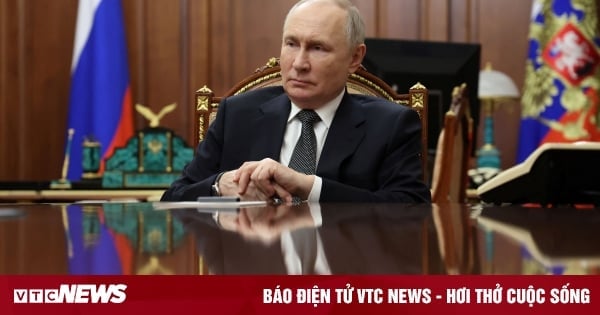

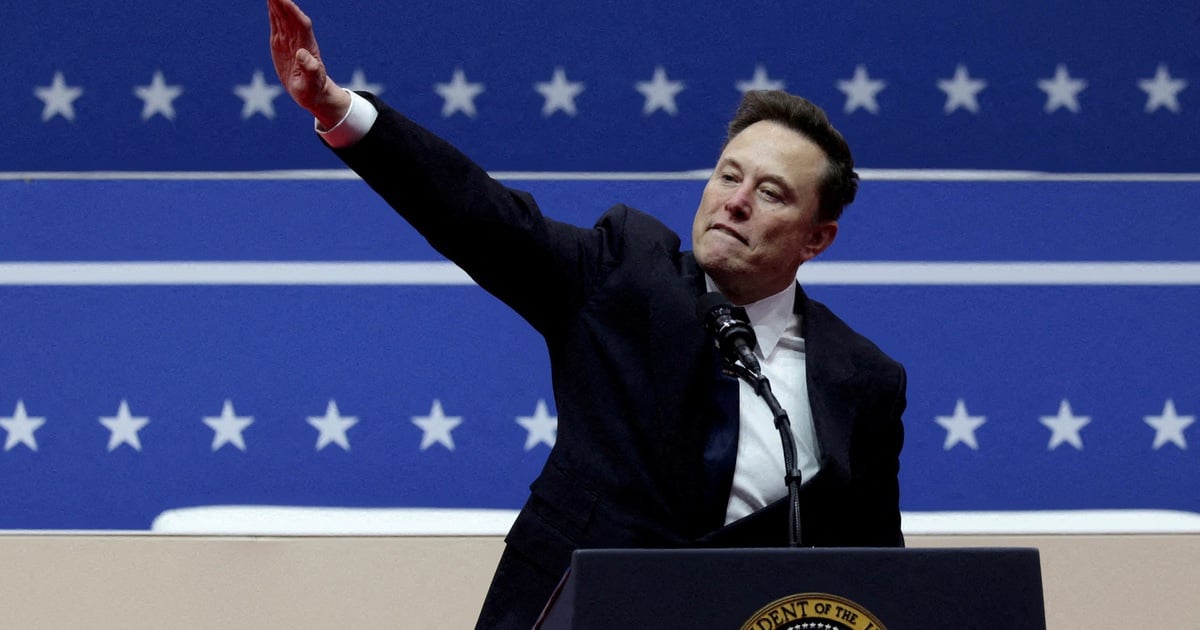

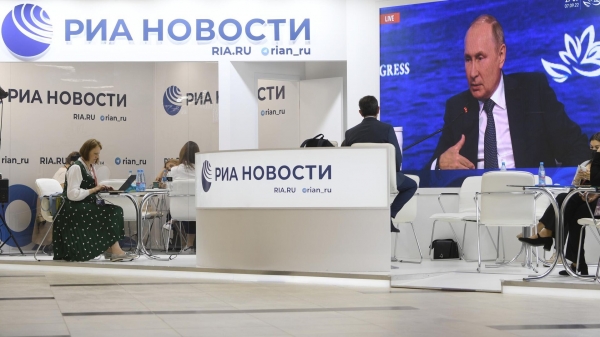

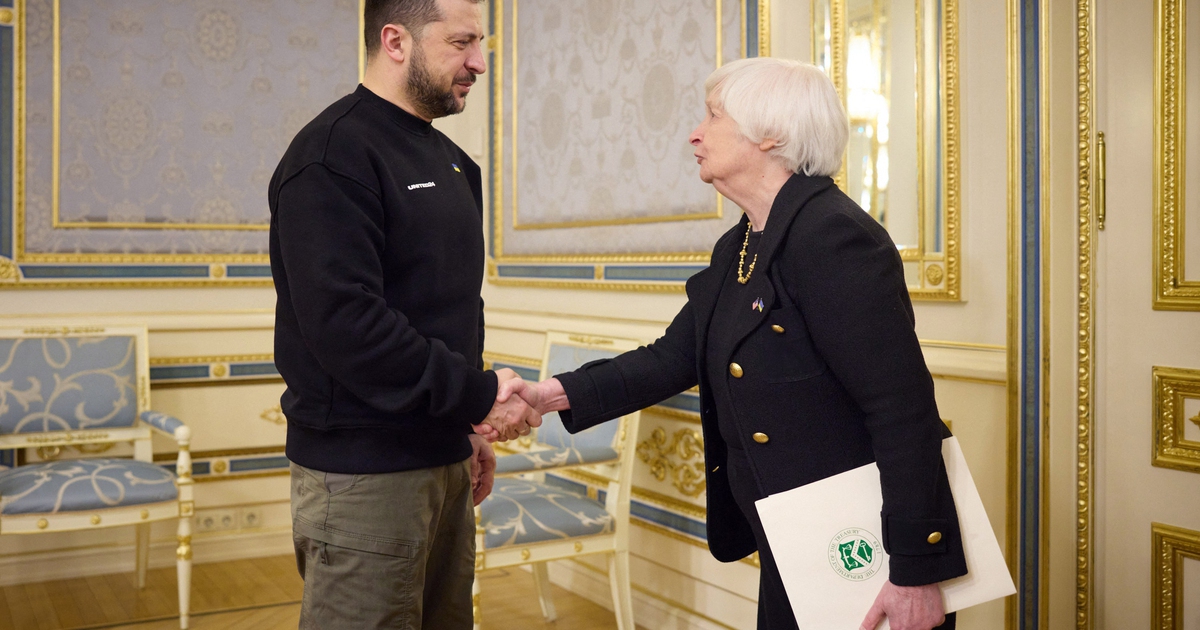

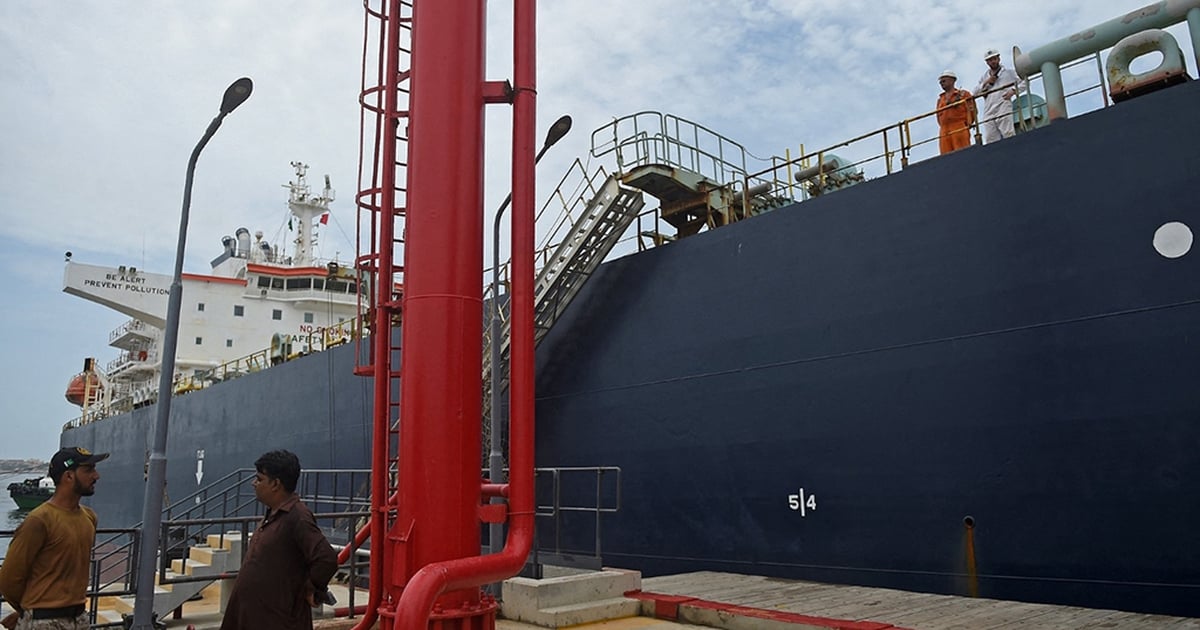
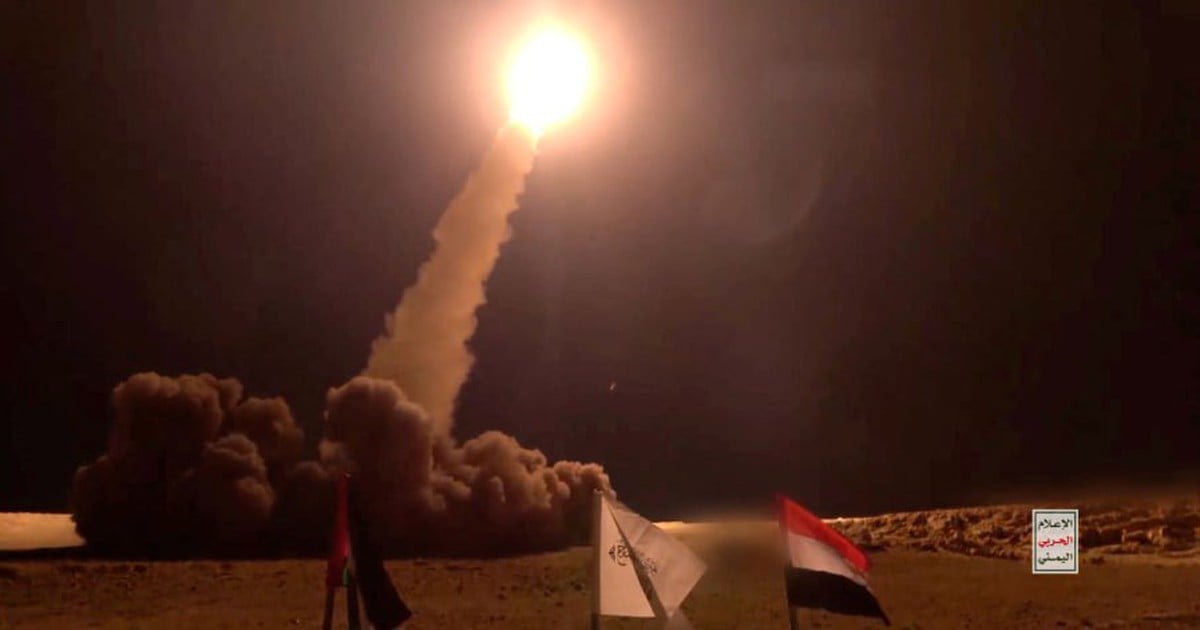



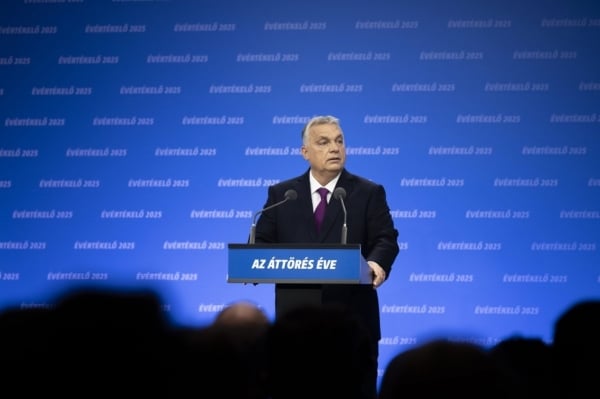
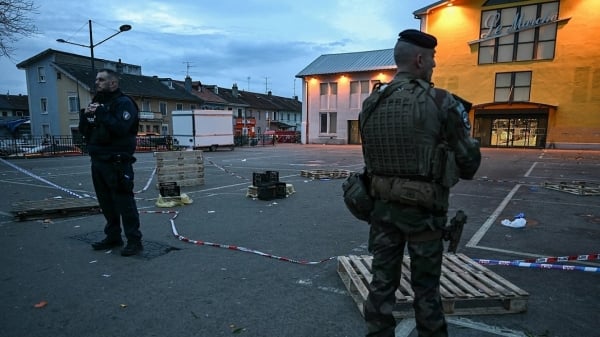













![[Photo] Prime Minister Pham Minh Chinh chairs Government Conference with localities on economic growth](https://vstatic.vietnam.vn/vietnam/resource/IMAGE/2025/2/21/f34583484f2643a2a2b72168a0d64baa)








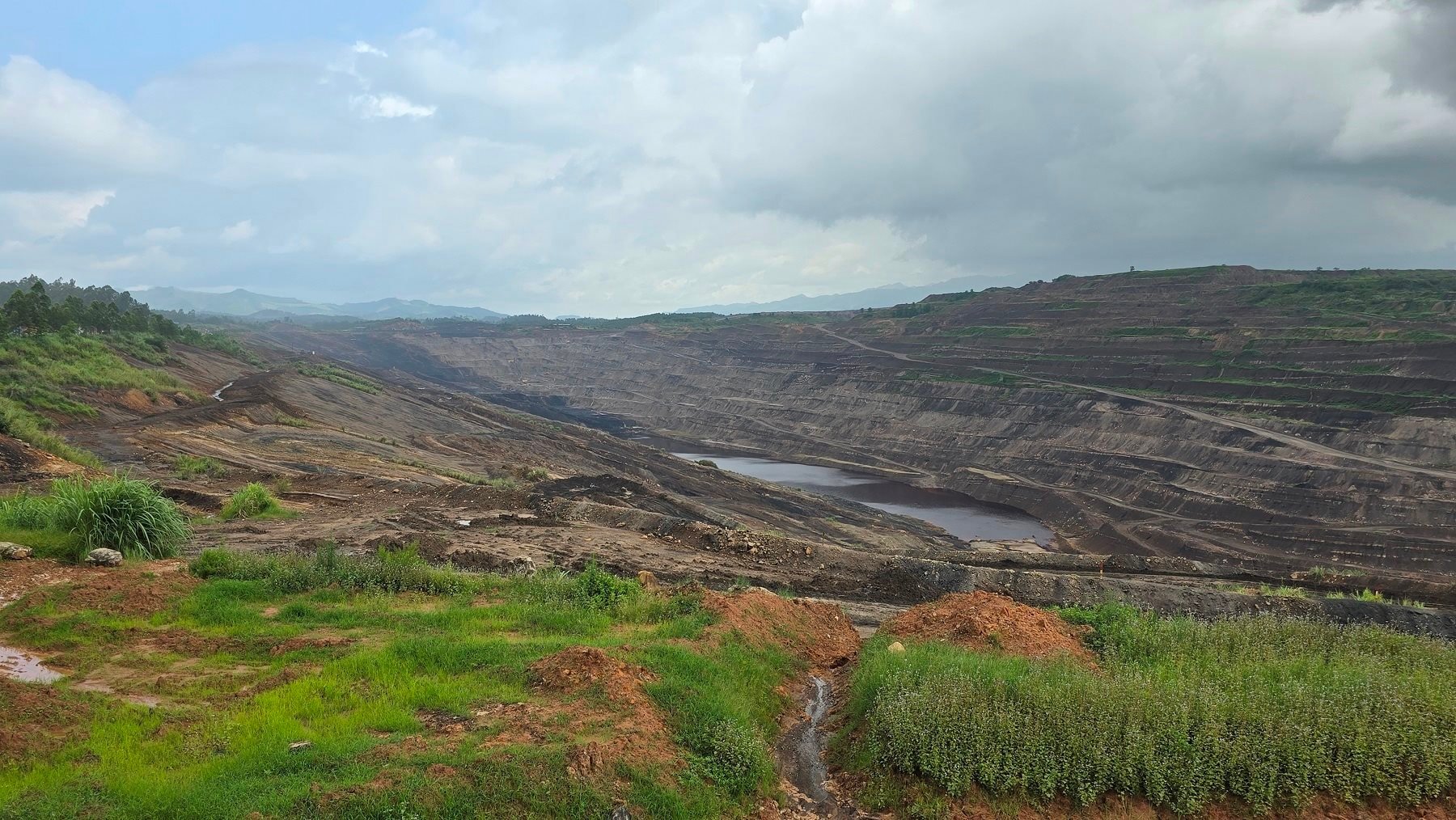






















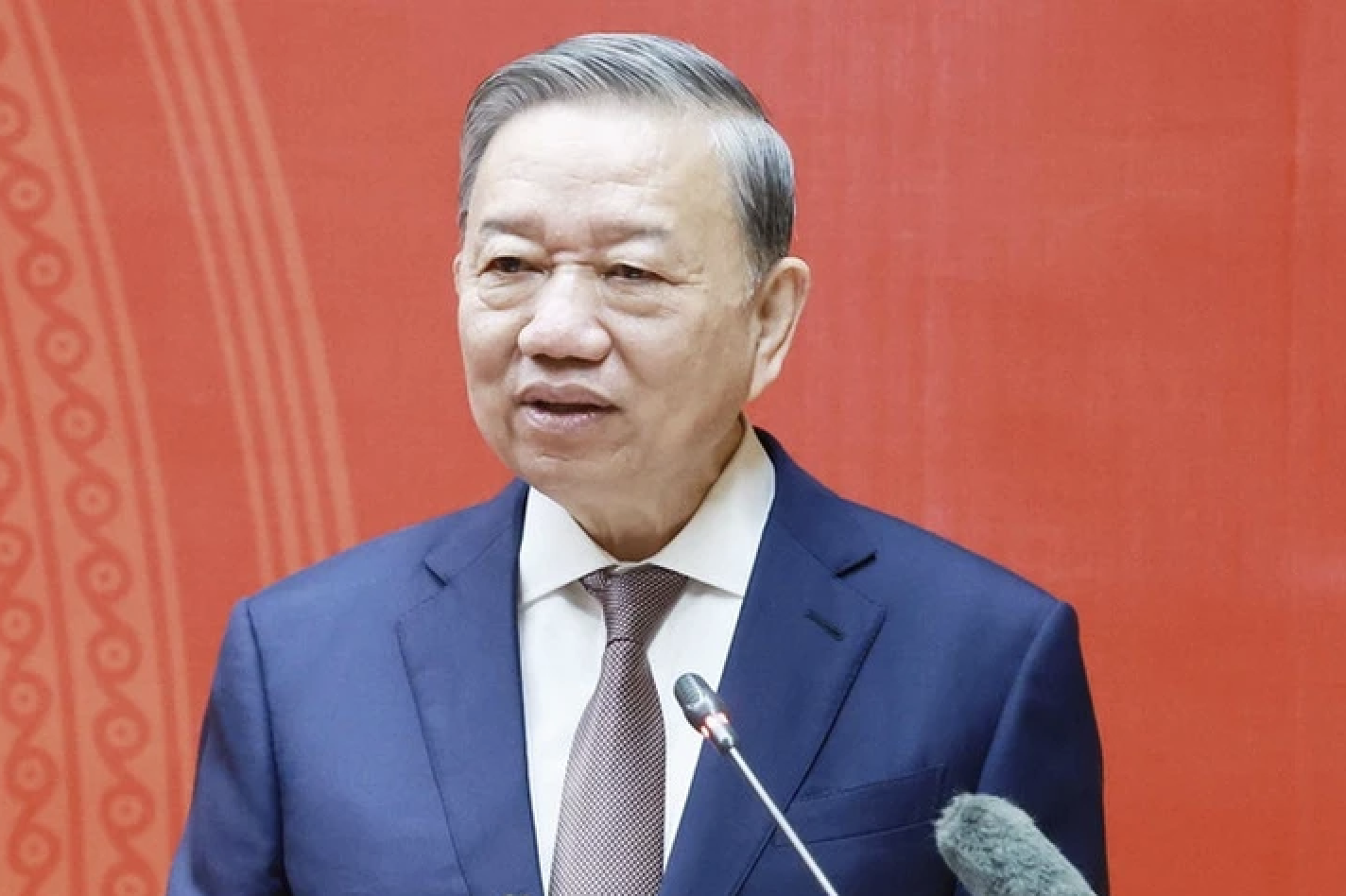
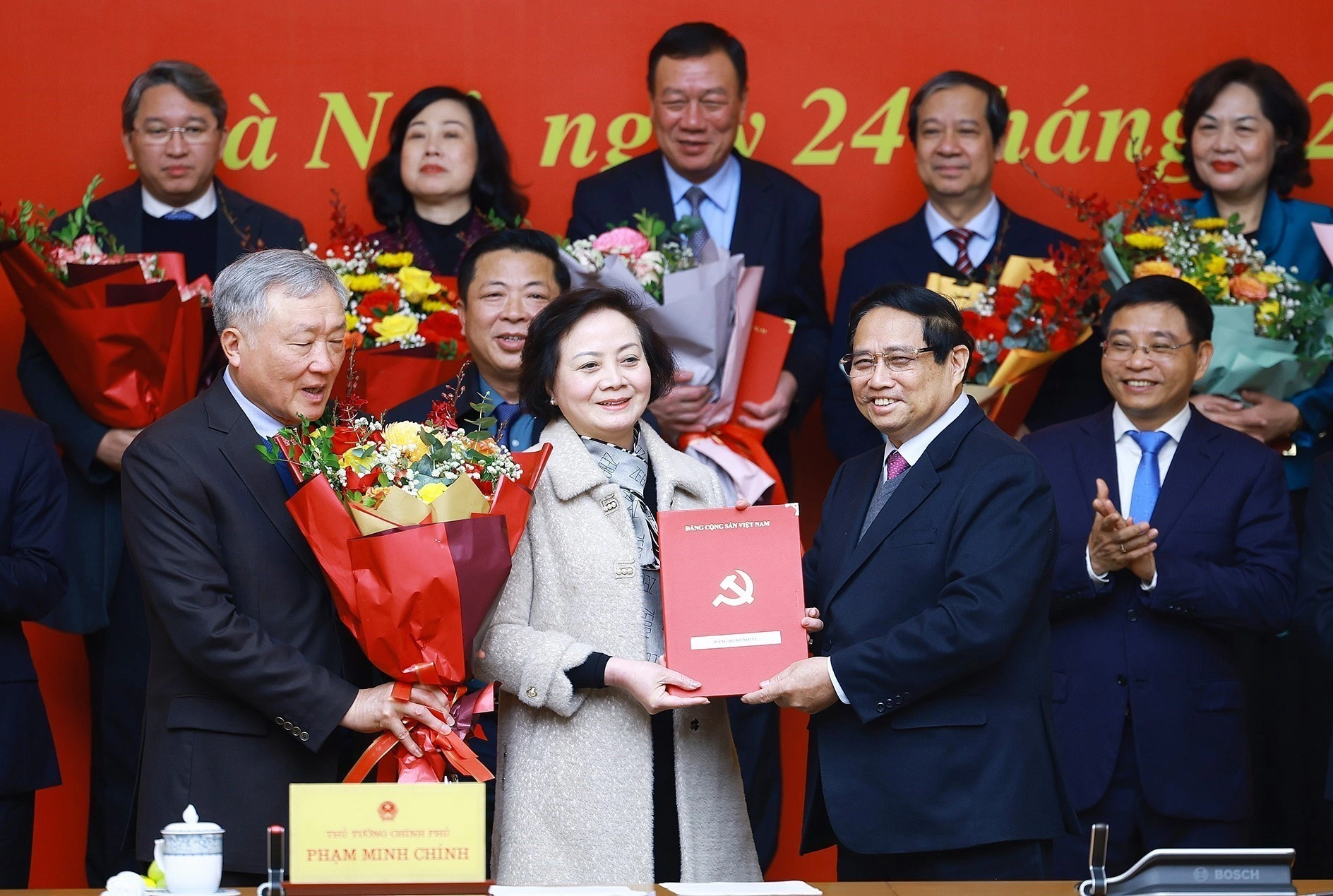






















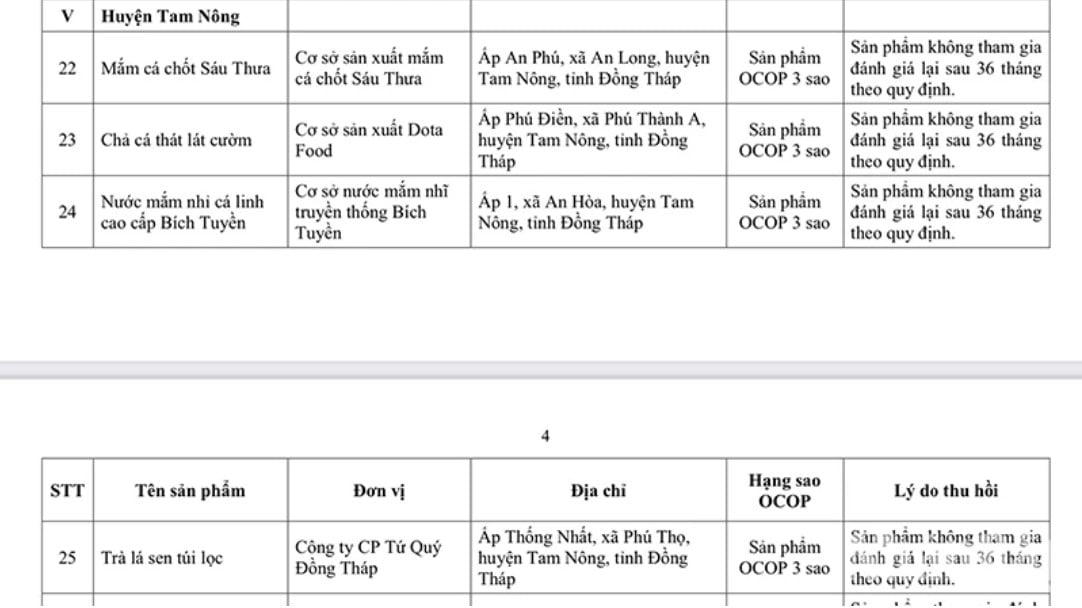




Comment (0)